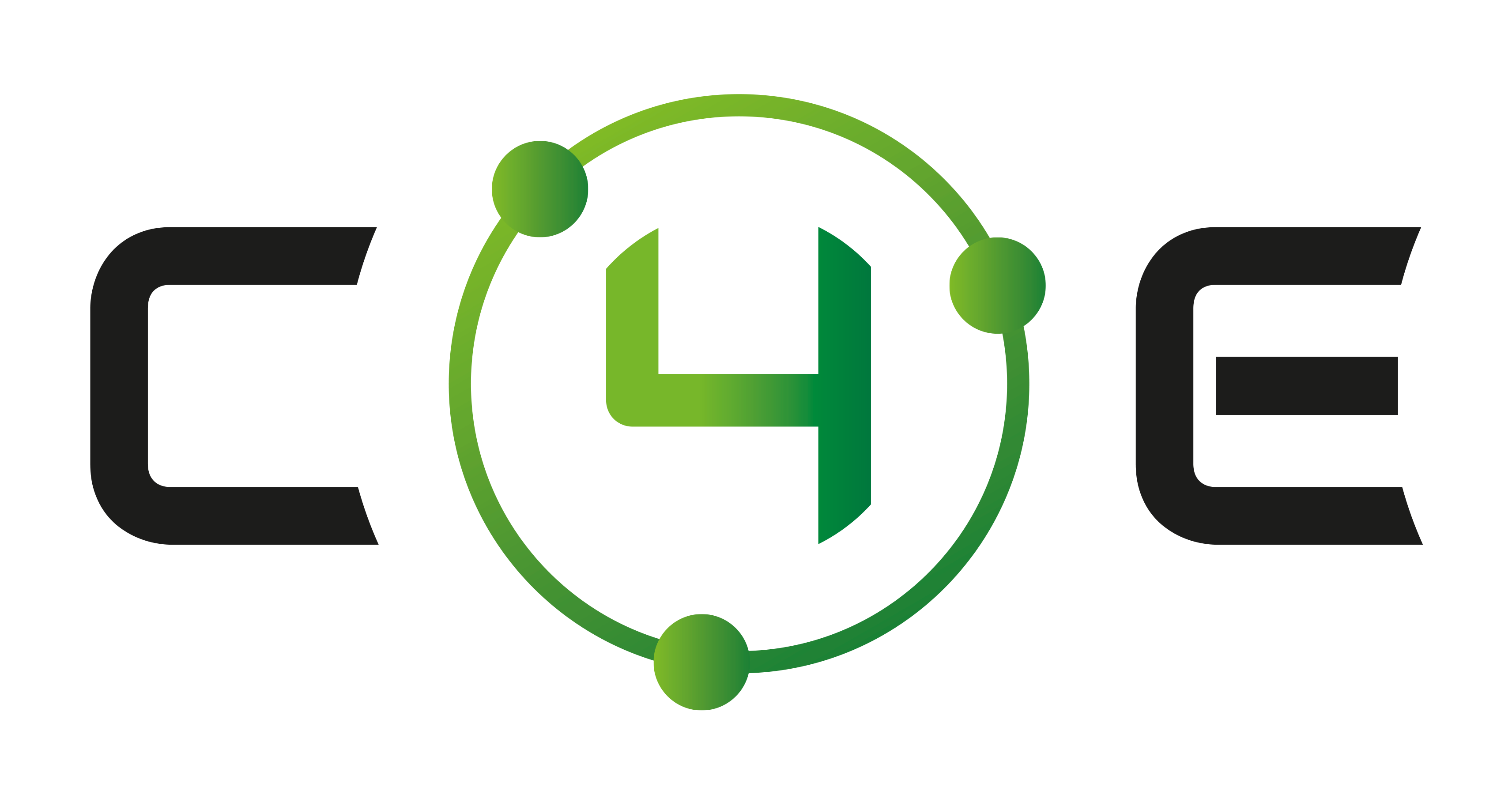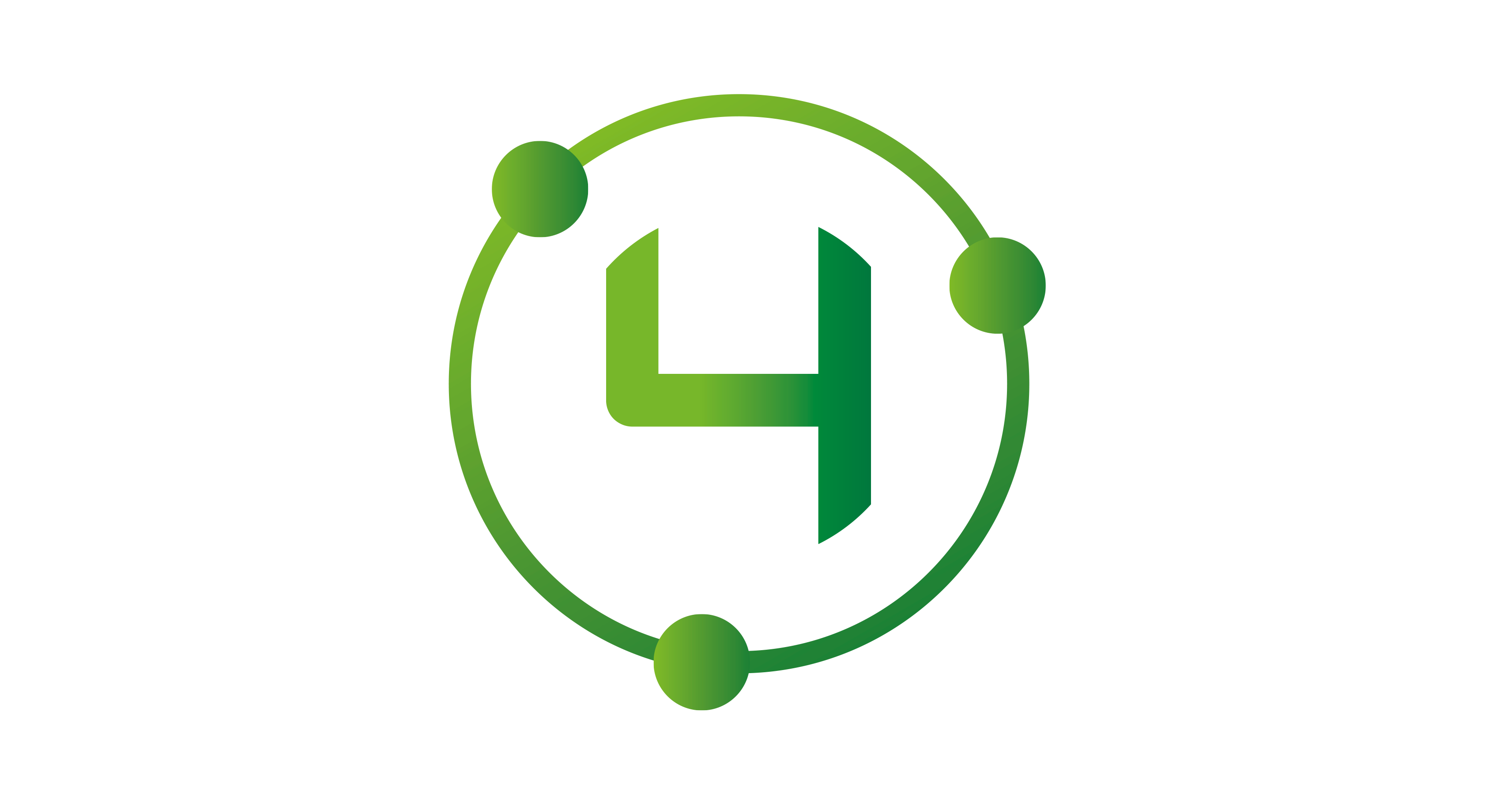C4E Blockchain Components
C4E Blockchain Components
The C4E Blockchain serves as the foundational layer of the C4E ecosystem, providing essential infrastructure for dApps and facilitating secure and efficient transaction processing.
Proof of Stake (PoS)
The DePIN L1 Blockchain's implementation of the Proof of Stake (PoS) consensus mechanism is integral to its operational efficiency and scalability through:
PoS implementation: PoS is a foundational element of the DePIN L1 Blockchain, ensuring real-world efficiency and scalability.
High throughput: With PoS, the platform achieves an impressive throughput of up to 10,000 transactions per second (TPS), a testament to its capacity for rapid and high-volume transaction processing.
Performance: PoS optimizes network performance, minimizing latency and ensuring swift transaction confirmation, thereby enhancing the overall user experience.
Scalability: Designed with scalability in mind, the PoS mechanism enables the blockchain platform to handle growing transaction loads without compromising performance or security.
Security: PoS enhances the platform's reliability and security by incentivizing network participants to maintain the integrity of the blockchain through staking and validating transactions, fostering a robust and resilient ecosystem.
Smart contracts
The integration of smart contracts powered by CosmWASM further enhances the capabilities of the C4E Blockchain, offering a robust framework for deploying and executing complex logic securely and interoperably by:
Enabling complex logic deployment: CosmWASM empowers developers to deploy sophisticated logic within smart contracts, facilitating the execution of complex operations with precision and reliability.
Secure and interoperable environment: Leveraging the secure and interoperable environment provided by CosmWASM, smart contracts deployed on the DePIN L1 Blockchain ensure the integrity and compatibility of operations across diverse applications and systems.
Managing key use cases: Smart contracts play a pivotal role in managing critical use cases such as energy trading and DePIN incentives, orchestrating transactions and interactions within the ecosystem with efficiency and transparency.
Open integration: The openness of the platform allows dApp developers and projects to seamlessly integrate their solutions with the DePIN ecosystem, leveraging the capabilities of smart contracts to enhance functionality and drive innovation.
Permissioned and governance-driven deployment: Smart contracts can be deployed in a permissioned and governance-driven manner, ensuring adherence to predefined protocols and policies while enabling community- driven decision-making processes to govern their implementation and operation.
Cosmos SDK
The Cosmos SDK empowers the development of modular and scalable blockchain applications, enabling seamless interoperability within the C4E Blockchain ecosystem. It is characterized by:
Modularity: By providing a modular architecture, the Cosmos SDK allows developers to build blockchain applications with tailored functionality, optimizing resource utilization and enhancing system performance.
Scalability: Leveraging the capabilities of the Cosmos SDK, the C4E L1 Blockchain can scale effectively to accommodate growing transaction volumes and user demands, ensuring smooth operation and sustained performance.
Interoperability: The Cosmos SDK facilitates interoperability between different blockchain applications within the C4E ecosystem, enabling seamless communication and data exchange across diverse networks and protocols.
Support for development: With comprehensive developer tools and resources, the Cosmos SDK streamlines the development process, empowering developers to create innovative blockchain solutions that address specific use cases and requirements.
Enhanced ecosystem integration: By supporting the development of scalable and interoperable blockchain applications, the Cosmos SDK fosters integration with existing and future ecosystem components, enriching the overall functionality and utility of the C4E Blockchain.
C4E SDK
The C4E SDK offers developers a comprehensive suite of tools, APIs, and documentation essential for building and seamlessly integrating decentralized applications (dApps) within the DePIN L1 Blockchain ecosystem and empowering them with:
Developer tools: Equipped with a rich set of developer tools, the C4E SDK simplifies the dApp development process, offering essential utilities and resources to streamline coding, testing, and deployment tasks.
APIs: The C4E SDK provides robust Application Programming Interfaces (APIs) that enable developers to interact with various platform functionalities and access essential blockchain data, facilitating the development of feature-rich and interactive dApps.
Documentation: With comprehensive documentation, the C4E SDK offers detailed guidelines, tutorials, and best practices to support developers at every stage of the dApp development lifecycle, ensuring clarity and accessibility of platform features and capabilities.
Integration support: The C4E SDK offers seamless integration capabilities, allowing developers to effortlessly integrate their dApps with existing platform components and services, fostering interoperability and enhancing the overall ecosystem functionality.
DePIN modules
The DePIN modules comprise important components of the C4E Blockchain ecosystem, designed to enhance the functionality and utility of decentralized physical infrastructure networks enhancing C4E Blockchain by:
DePIN incentives: Among the key modules is the DePIN incentives system, which incentivizes active participation and contribution to the network's growth and security. By rewarding stakeholders with token incentives, the DePIN incentives module encourages the adoption of decentralized energy resources and fosters network resilience and sustainability.
Machine ID system: Another integral component is the machine ID system, which provides a robust mechanism for verifying and tracking energy resources and devices within the network. Leveraging blockchain technology, the machine ID system ensures the authenticity and traceability of energy-related assets, enhancing transparency, security, and trust in the network's operations.
Decentralized infrastructure
The decentralized infrastructure layer of the C4E ecosystem caters to the needs of both Web2 and Web3 devices while ensuring seamless integration with solutions akin to IPFS via:
Decentralized infrastructure support: C4E encompasses a robust infrastructure framework that accommodates the requirements of both Web2 and Web3 devices. By providing a decentralized environment, it offers the flexibility and scalability needed to support a wide range of applications and devices within the C4E ecosystem.
Integration with decentralized data storage solutions: C4E decentralized infrastructure seamlessly integrates with decentralized data storage solutions similar to IPFS (InterPlanetary File System). This integration enhances data security, resilience, and accessibility by leveraging distributed storage mechanisms. By utilizing solutions akin to IPFS, ensuring that data stored within the ecosystem remains tamper-proof, highly available, and resistant to censorship or unauthorized access.
The C4E Ecosystem
The C4E Ecosystem is enriched by a diverse array of decentralized applications (dApps) tailored to address various use cases and industry needs. Key dApps within the ecosystem include:
Energy OS: This platform facilitates easier energy billing and settlements for the energy communities. By leveraging blockchain technology, Energy OS ensures the secure and efficient energy management for local communities.
ChargEra: Designed to streamline the electric vehicle (EV) charging experience, ChargEra offers a user-friendly platform for EV owners and charging station hosts. By integrating blockchain technology and AI, Chargera facilitates secure and efficient payment and settlement processes, ensuring a seamless charging experience for EV users while unlocking passive income opportunities for hosts.
DeTrack: DeTrack serves as a comprehensive solution for tracking and managing energy production and consumption data within the C4E ecosystem. By leveraging blockchain-based recording mechanisms, DeTrack enables accurate and transparent monitoring of energy-related metrics, empowering users to optimize energy usage and enhance efficiency.
Governance
The Governance DAO plays an important role in fostering community engagement, trust and incentivizing active participation.
It empowers token holders to play a direct role in governing the C4E ecosystem and enables stakeholders to participate in critical decision-making processes.
Through decentralized governance mechanisms, token holders can propose and vote on initiatives, shaping the future direction and policies of the ecosystem.

